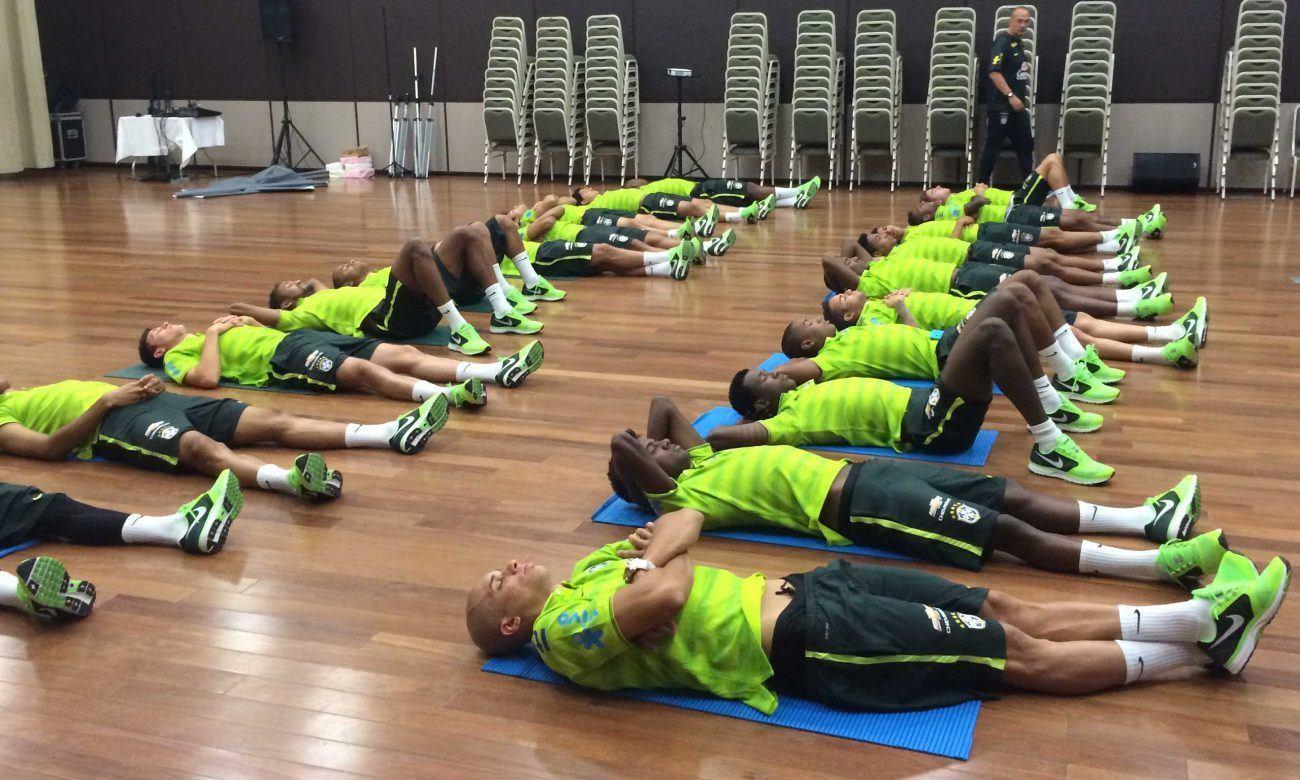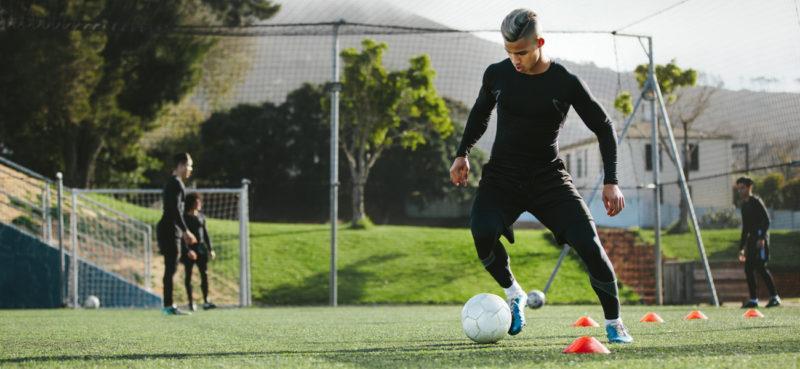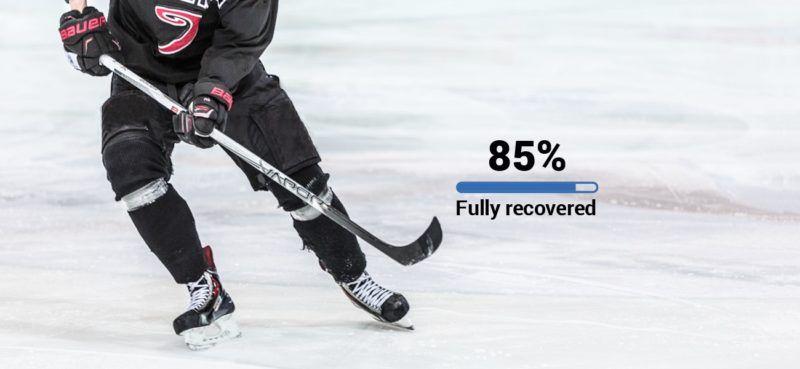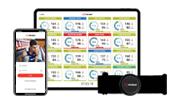
Jyväskylä, Finland – Firstbeat announces a newly improved tool for assessing player recovery and training readiness. The latest update to Firstbeat Sports Monitor includes a major update to the Quick Recovery Test (QRT) feature. The test is now faster, easier to perform, and offers more robust results with greater attention to individual player physiology. The result is a powerful resource for managing complex training/recovery relationships and reducing injuries.
As of May 2020, the Firstbeat Sports Quick Recovery Test is now able to be performed using the Live app (iOS). This update allows coaches using Firstbeat Sports Premium to conduct tests, view the results, and upload the data to Sports Cloud. Athletes can also carry out their own individual Quick Recovery Test. Click here for more information.
“We are fully committed to giving teams the best training and recovery information possible,” explains Head of Firstbeat Sports Veli-Pekka Kurunmäki. “We wanted to put coaches time management in focus and deliver a solution which provides instant and coach friendly information on team readiness within a limited time frame. By combining the latest heart rate variability research and incorporating some great feedback from our current users, we are confident that our new QRT captures information that teams actually need and reports it in a way that makes sense.”
The test can be performed in the locker room before training, using the same heart rate monitoring chest belts players use during training. Performing the QRT now only takes three minutes, and provides instantaneous on-screen feedback for more informed coaching decisions and training plan validation. Validating the recovery portion of the training formula is a significant advantage that ensures that athletes are given the best opportunity to succeed at elite levels.
Interested in learning how Firstbeat’s Quick Recovery Test is applied in soccer? Listen to the Firstbeat Sports Podcast
In order to assess recovery, Firstbeat’s QRT analyzes a combination of heart rate, heart rate variability, and heartbeat derived respiration rate. Test results are expressed as a QRT-score which can range from 0-100% (0-30% poor, 30-70% moderate, 70-90% good, and 90-100% excellent recovery). These scores are adaptively scaled to the individual based on the average and standard deviation of the athlete’s personal measurement history.
While each QRT-score represents individual player recovery, Firstbeat also provides teams with composite group reports that highlight training impact and recovery trends for the entire team. Evaluating the distribution of individual QRT-scores in light of team wide performance is the foundation of a data driven and highly personalized approach to player management.
Routine application of Firstbeat’s QRT provides early warning of potentially dangerous situations. Firstbeat Sports Monitor tracks player QRT-scores over time and automatically warns when accumulated fatigue may be contributing to increased risk of injury or overtraining. QRT is also an excellent screening tool for identifying when an athlete’s recovery process may need additional attention. Concerns regarding persistent or unexpectedly low QRT-scores can be explored with Firstbeat’s professional grade HRV monitor for overnight recovery testing or round-the-clock monitoring.
For additional information about Firstbeat Sports Monitor or the updated Quick Recovery Test, contact:
Firstbeat Head of Sports
Veli-Pekka Kurunmäki
veli-pekka.kurunmaki@firstbeat.com
Ph: +358 20 763 1663
If you liked this article, you should subscribe to our mailing list.
You might also be interested in

Why Monitor Internal Load in Elite Sports?
A look at the what, how and why of internal load monitoring and why it should form part of your training program.

Using Data to Start Key Discussions With Your Athletes – With Jen Mavis, UMBC Soccer – Ep. 7
UMBC Women’s Soccer’s Assistant Coach talks about building trust between coach and athlete, preventing soft tissue injuries, the changing landscape of NCAA competition and coaching, + more

How Away Fixtures and Road Trips Impact Player Recovery
Recovery is crucial when facing a hectic fixture schedule. That’s why getting it right during road trips is so important.
